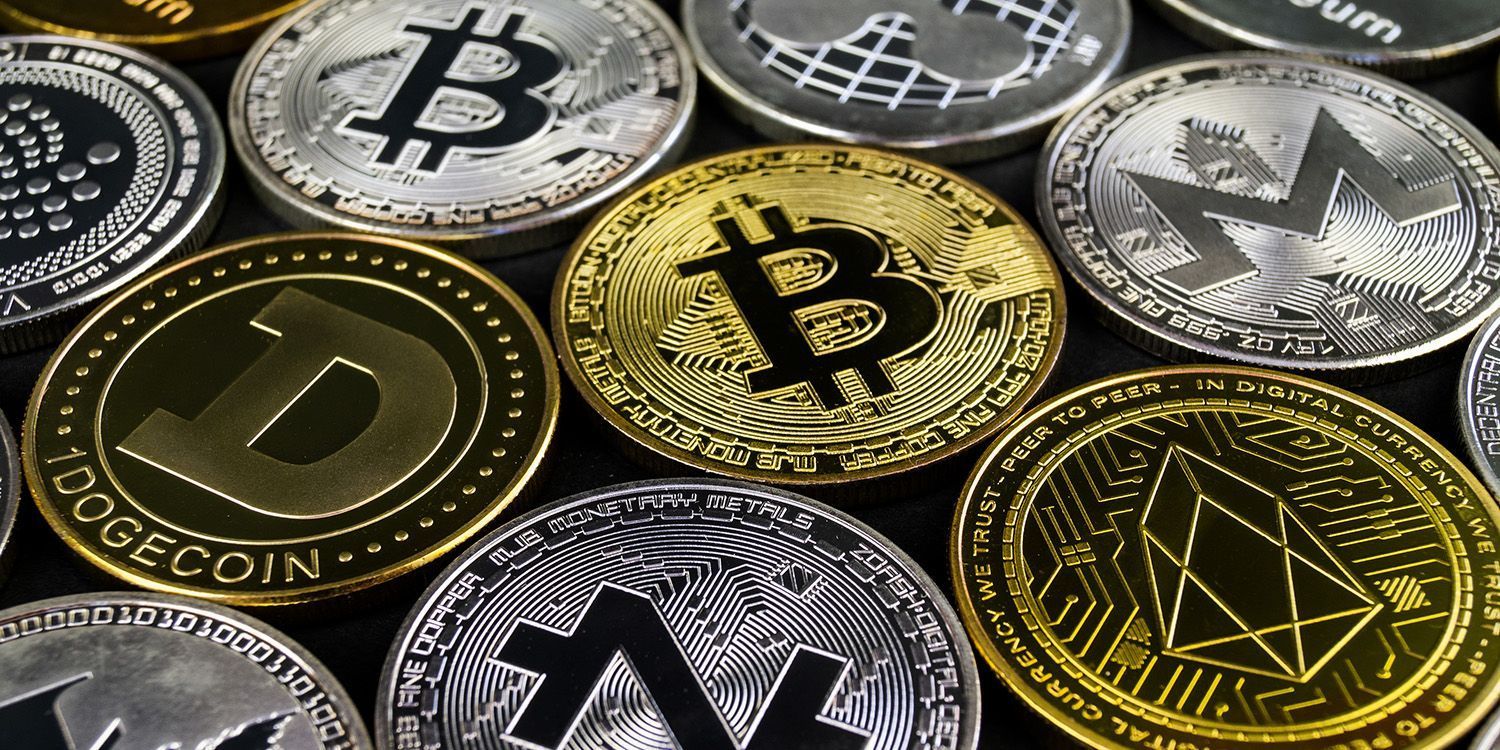On 8 June, President Nayib Bukele of El Salvador announced a bill to confirm bitcoin as legal tender in El Salvador, alongside the US dollar. On 7 September 2021, El Salvador will be the first country in the world to actively support and encourage cryptocurrency in day-to-day use.
Invented by a person (or persons?) calling themselves Satoshi Nakamoto, bitcoin was originally designed for daily transactions as a way around the traditional banking infrastructure, and in reaction to the global financial crisis of 2008. While bitcoin as a currency in El Salvador could be the great experiment, cryptocurrencies are now setting themselves as a value store and hedge against inflation. With bitcoin, in particular, the fact that only 21 million bitcoins will ever be mined, gives the impression bitcoin should be considered ‘digital gold’.
In the last decade, bitcoin has pivoted away from retail investors and has become attractive for institutional investors. It seems likely. JP Morgan is rolling out its first bitcoin fund. And bitcoin’s most recent rally in 2020 occurred after several respected names in finance spoke approvingly of its potential to hedge against inflation expected from global government spending during the pandemic. Seen as a desirable development, this institutional involvement does bring more liquidity and helps restrain volatility, though wild fluctuations are ongoing.
So, will other countries be legalising cryptocurrencies as tender? That remains to be seen, but several countries are looking at their own reserve-backed digital currencies.
Lael Brainard, a member of the US Federal Reserve Board of Governors, recently laid out a case for a secure, bank-backed digital currency to create a more efficient payment system and expand financial services to Americans. The Federal Reserve are expected to release a paper shortly, laying out the board’s thinking on the benefits and risks associated with a digital US dollar. Meanwhile, JPMorgan has created its own bank-backed digital currency. JPM Coin will be used to instantly settle transactions between clients of its wholesale payments business.
The Bank of England recently published a discussion paper to broaden the debate on bank-backed digital currency, and identified five core principles to guide its future exploration of digital currencies: financial inclusion, competitive ecosystem, protecting users’ privacy, protecting the Bank’s ability to meet monetary and financial stability, and assessing whether non-digital currency innovations could deliver the same benefits.
Meanwhile, Japan is gearing up to launch “some form” of digital currency by 2023, and The People’s Bank of China has been carrying out digital currency tests in major cities – the central bank could trial the digital yuan with foreign visitors at the 2022 Beijing Winter Olympics.
“The use or acceptance of bitcoin by multinationals and funds is still an incipient phenomenon, and according to recent studies, most CFOs do not consider introducing this currency in their daily operations. Regardless of its future evolution, this type of innovation requires the best technology, constant monitoring and expert partners in the field,” explains Raimundo Diaz, Global Head of International Corporations of Auxadi.
While bitcoin and other cryptocurrencies may be good hedges against inflation, their volatility makes them poor candidates for legal tender. However, given the rise in crypto and the interest in digital currencies, we should expect nationalised digital currencies to soon be changing the face of finance.
Local Knowledge – International Coverage
Founded in 1979, Auxadi is a family-owned business working for multinational corporations, private equity funds and real estate funds. It’s the leading firm in international accounting, tax compliance and payroll services management connecting Europe and the Americas with the rest of the world, offering services in 50 countries. Its client list includes many of the top 100 PERE companies. Headquartered in Madrid, with offices in US and further 22 international subsidiaries, Auxadi serves 1,500+ SPVs across 50 jurisdictions.
All information contained in this publication is up to date on 2021. This content has been prepared for general guidance on matters of interest only, and does not constitute professional advice. You should not act upon the information contained in this chart without obtaining specific professional advice. No representation or warranty (express or implied) is given as to the accuracy or completeness of the information contained in this content, and, to the extent permitted by law, AUXADI does not accept or assume any liability, responsibility or duty of care for any consequences of you or anyone else acting, or refraining to act, in reliance on the information contained in this chart or for any decision based on it.




